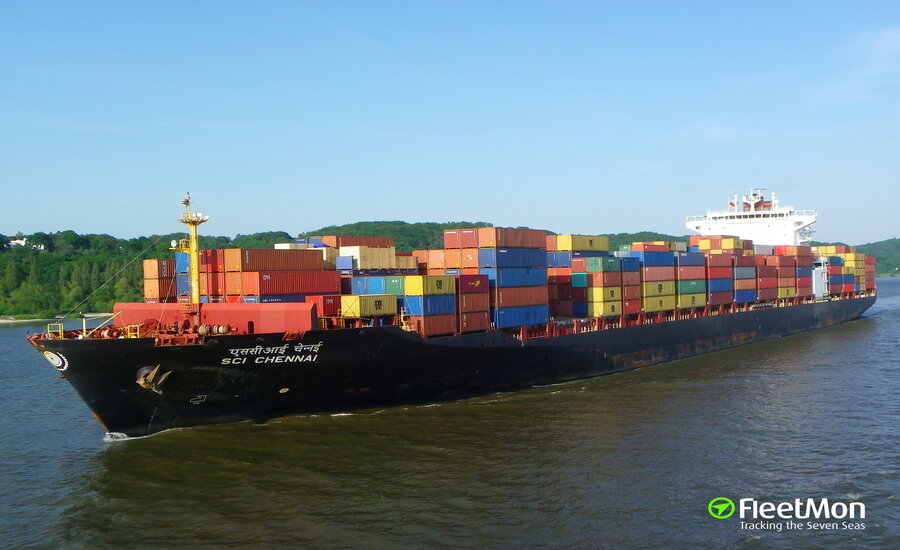Jurisdictional Challenges in the Arrest of Vessels: An Overview of International and National Legal Frameworks
Author – Anshul Kumar Verma, Student at Dr. Ram Manohar Lohiya National Law University, Lucknow, U.P.
Best Citation – Anshul Kumar Verma, Jurisdictional Challenges in the Arrest of Vessels: An Overview of International and National Legal Frameworks, MARITIME LAW AND POLICY REVIEW, 1 (1) of 2023, Pg. 01-10, ISBN – 978-81-960677-9-3.
Abstract
Arresting ships is a common practise in international maritime law, but it raises a number of jurisdictional issues that can complicate the process. This article provides an overview of the international and national legal frameworks that govern vessel arrest, emphasising the difficulties that arise when multiple jurisdictions are involved. The article investigates the jurisdictional issues surrounding vessel arrests in both civil and criminal cases, including issues of sovereignty, territoriality, and jurisdictional conflicts between national courts and international tribunals. India is a maritime nation with a long coastline and a thriving shipping industry, making it an important player in the global shipping market. The paper investigates the legal framework governing vessel arrests in India, including the Admiralty (Jurisdiction and Settlement of Maritime Claims) Act of 2017, as well as relevant provisions of the CPC. It also looks at selected countries’ national legal frameworks, such as the United States, the United Kingdom, and Singapore. While there are established legal frameworks in place, the paper concludes that vessel arrest remains a complex and challenging area of law, with many competing interests at play. It emphasises the importance of safeguarding fundamental rights and the need for ongoing efforts to harmonise international and national legal frameworks.
Keywords: Admiralty Law, Arrest of vessel, International Convention on arrest of Ship, Jurisdiction, United Nations convention on the law of the Sea.
